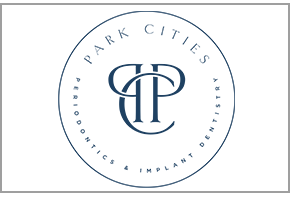 One of the most important advances in dentistry in recent times has been the introduction of lasers in the treatment of gum disease. In laser gum therapy, a small amount of energy combined with an FDA-approved laser is directed between the gum and tooth by our periodontist to remove diseased gum tissue and promote healing.
One of the most important advances in dentistry in recent times has been the introduction of lasers in the treatment of gum disease. In laser gum therapy, a small amount of energy combined with an FDA-approved laser is directed between the gum and tooth by our periodontist to remove diseased gum tissue and promote healing.
Lasers have also been used to reshape gums to lengthen the tooth. Lasers can also be used to remove unwanted hyperplastic growths of gum tissue after prolonged denture use. It is also used to improve access to decay that is covered with gum tissue.
By removing the diseased tissue, the laser eliminates infection within periodontal pockets without the need for surgery. This procedure helps the gums to reattach to the bone and is also known as “Laser Assisted New Attachment Procedure” (LANAP). No incisions are needed, unlike conventional gum surgery. The heat of the laser immediately stops bleeding and the blood clot acts as a physical barrier preventing any further attack by gum disease causing bacteria.
The procedure:
- The gums are anesthetized to reduce any discomfort.
- The periodontist uses a laser to destroy diseased gum tissue which is removed with the help of water and high powered suction. The laser sterilizes the pocket and helps in formation of a stable blood clot.
- Any remaining calculus and deposits are removed with the help of an ultrasonic scaler.
- The doctor uses the laser to stimulate the re-growth and re-attachment of the gum tissue to the bone.
- The bite is also adjusted to reduce load on the newly operated teeth.
Advantages of laser gum surgery:
- No incisions or sutures needed
- Reduced pain and discomfort
- Rapid healing
- Similar effects of conventional surgery achieved in less time with fewer appointments
- Laser disinfection of diseased periodontal pockets results in reduced need for prolonged antimicrobial drug therapy
- Can be used in patients with diabetes and bleeding disorders like hemophilia
If you think you’re a candidate for laser gum treatment, call our office today to set up a consultation with Dr. Tomlin.






